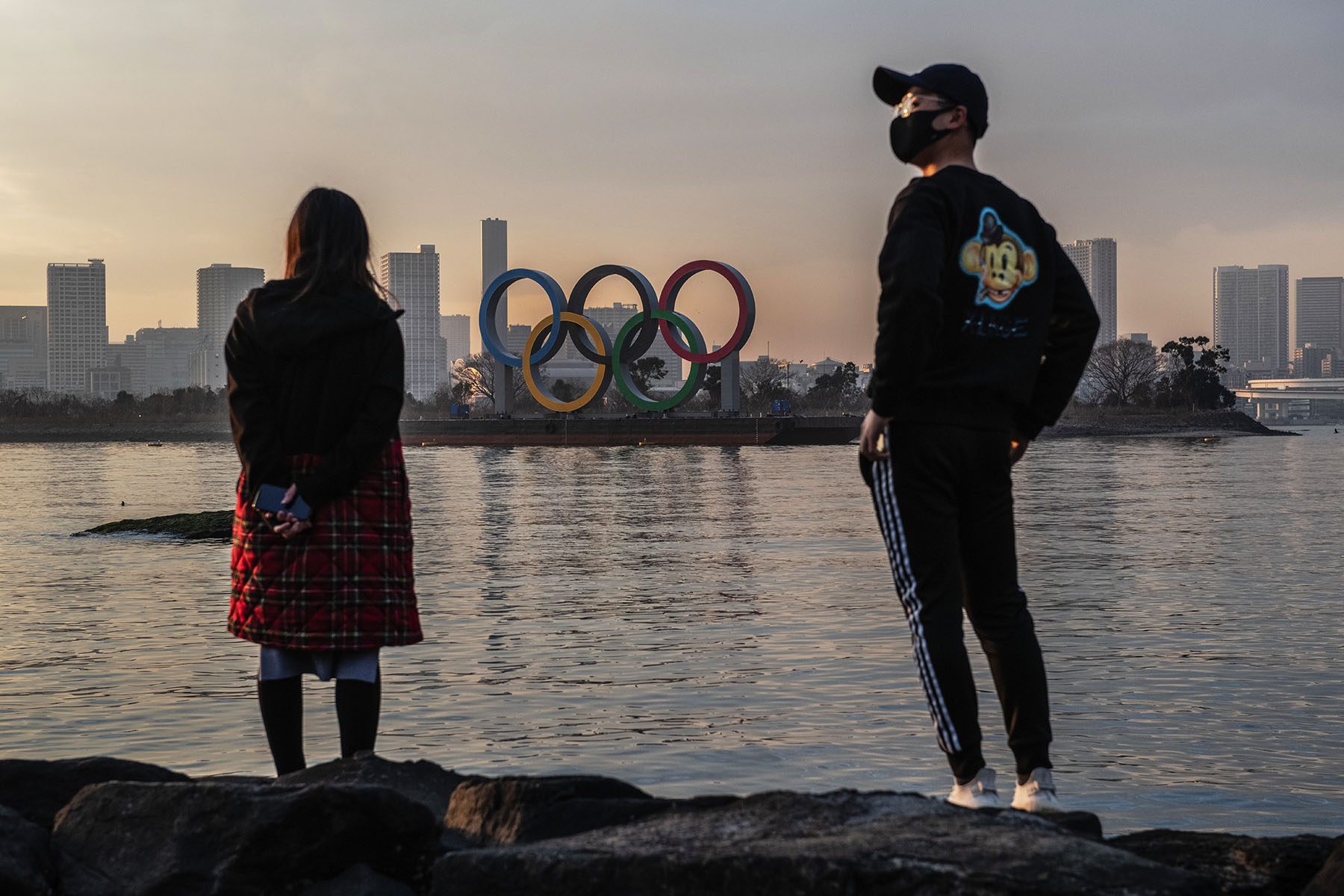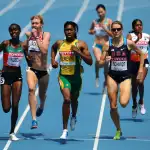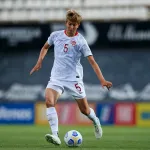The International Olympic Committee on Tuesday recommended that elite sports organizations reevaluate how they include transgender, nonbinary and intersex athletes and determine their eligibility for competition alongside cisgender athletes, in a nonbinding and wide-ranging update to the organization’s previous policies.
The IOC’s guidelines are not legally binding, and implementation is up to international sports federations — which establish rules for their sport. Underlining that point, IOC officials on a Tuesday press call did not pressure sports organizations to implement the new guidelines before the 2024 Summer Olympics in Paris.
Still, LGBTQ+ advocacy groups and trans and nonbinary athletes celebrated the new focus on inclusion and non-discrimination.
Chris Mosier, the first trans athlete to qualify for the Olympic trials in the gender they identify, said on Twitter that the IOC’s recommendations mark “a significant shift.”
Mosier, who won his spot on Team USA after challenging the IOC’s rule requiring trans competitors to have surgery before competing in 2015, applauded the new guidelines.
“I am thrilled with this new update as a step on our journey of changing to sport as a human right,” he said. “The framework centers on recognizing & upholding gender autonomy.”
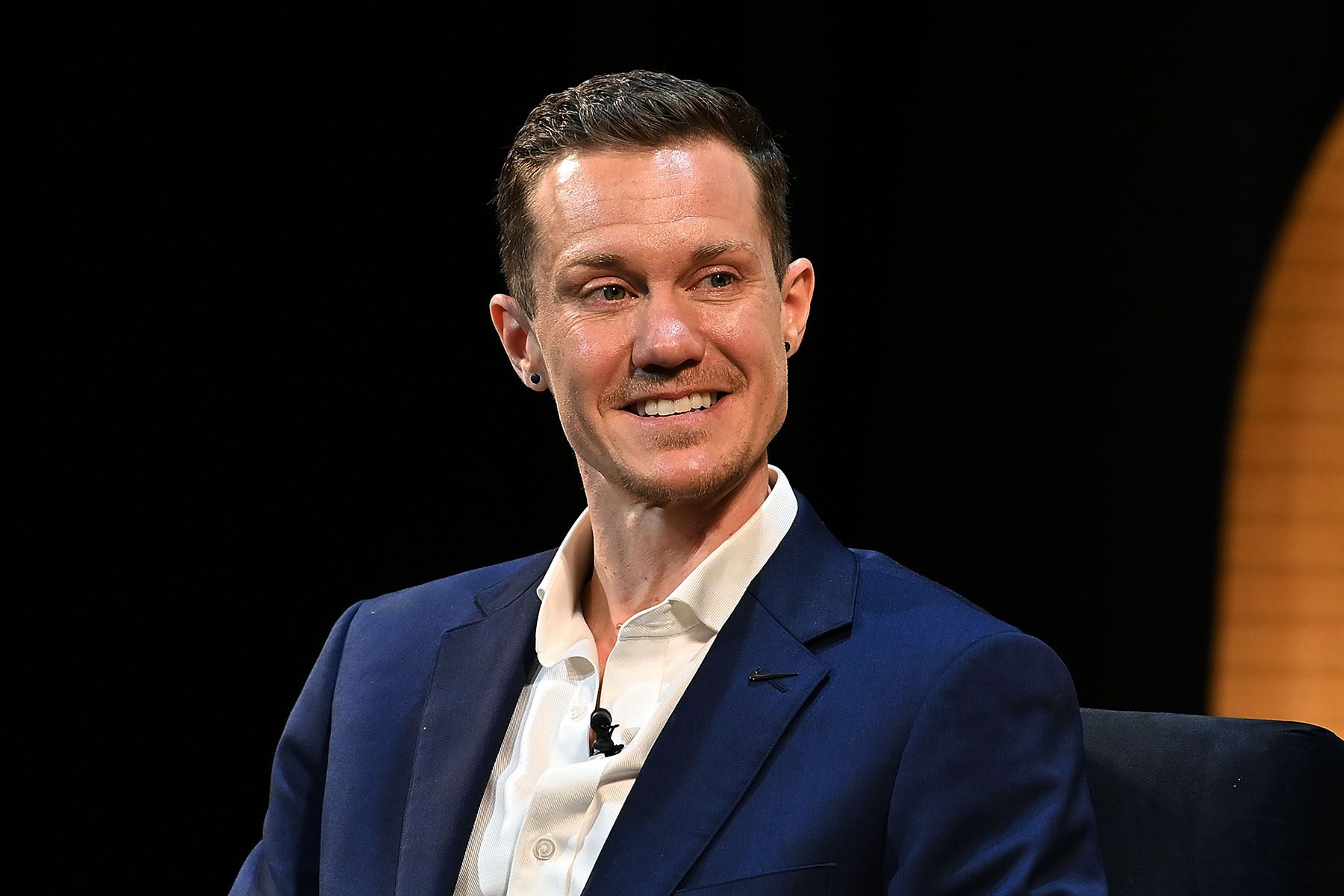
The IOC now recommends that sports organizations work to prevent harassment and abuse against trans and intersex athletes and that organizations not systematically exclude athletes based on only gender identity or sex variations. Testing athletes’ sex should not be the focus and assumptions of unfair advantage shouldn’t be made based on apperance, the IOC wrote in a PowerPoint shared with reporters Tuesday.
“Transgender and intersex athletes are as diverse as any athletes — they are not necessarily bigger or higher, just in the same way that cisgender athletes come in all shapes,” IOC head of public affairs Katia Mascagni told reporters.
Restrictions to competition should also be based on credible research, IOC officials said — and athletes should not be pressured into medically unnecessary treatments or invasive examinations.
The guidelines aim to eliminate “discriminatory assumption[s] about athletes based on their physical appearance, sex variation and transgender status,” Magali Martowicz, head of human rights at IOC, said on the call with reporters.
IOC officials on Tuesday stressed that measuring competition eligibility solely by testosterone levels — a criteria that has affected athletes like Caster Semenya and is frequently used as a criticism for trans women competing in sports — is not backed by science.
“There is no scientific consensus on how testosterone affects performance across all sports,” said Mascagni, who added that some athletes had come forward with complaints that regulations “may have actually generated severe harm to their health.”
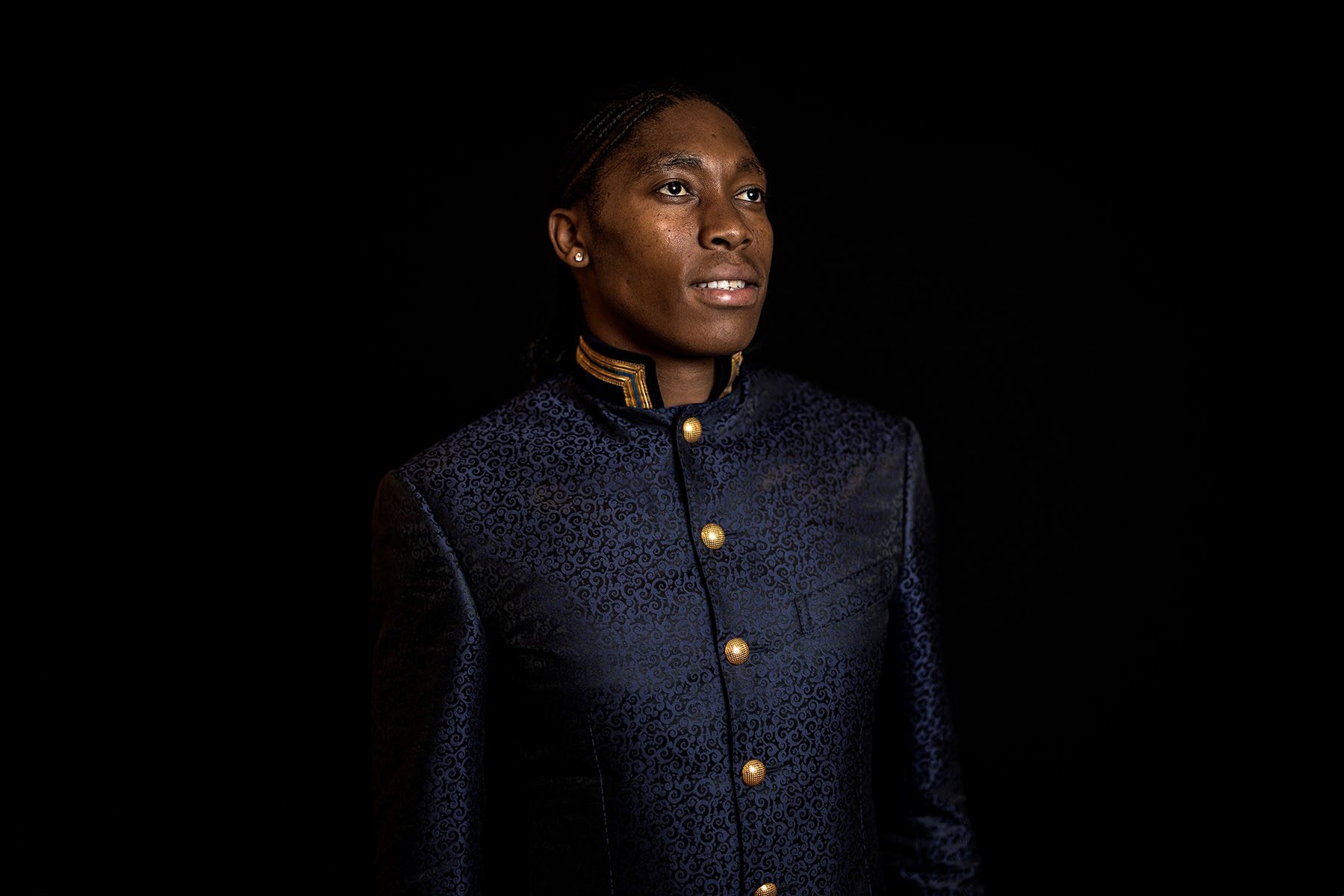
Semenya was barred from competing in races from 400 meters up to one mile at the Tokyo Games unless she lowered her testosterone levels through medication or surgery — which she refused to do. World Athletics, the international governing body for track and field, is not obligated to follow the IOC’s new recommendations.
“What we’re saying now is, you don’t need to use testosterone at all,” said Richard Budgett, director of IOC’s medical and scientific department.
The IOC’s new recommendations, which the organization said have been in development since 2019, follows the first out trans and nonbinary athletes competing in the Olympics in 2020 — including New Zealand weightlifter Laurel Hubbard and Canadian soccer player Quinn. The IOC said that trans men and trans women athletes were consulted for the new recommendations, but declined to say how many contributed to protect their privacy.
“This new IOC framework is groundbreaking in the way that it reflects what we know to be true — that athletes like me and my peers participate in sports without any inherent advantage, and that our humanity deserves to be respected,” Quinn said in a statement through Athlete Ally.
Chelsea Wolfe, a professional BMX freestyle rider who joined Team USA as an alternate at Tokyo, told Axios’ Ina Fried that the new guidelines “are a reassuring sign” — but that “they fall short of a guarantee that discrimination against intersex and trans athletes will not be tolerated.”
On Tuesday’s press call, IOC spokesperson Christian Klaue said that the discussion will be ongoing since trans athletes are not competing in all high levels of sports right now — and that might change in the future.
From March 2022 onwards, the IOC plans to host webinars with International Federations and athlete reps to discuss the guidelines, Christian said.
Alex Schmider, GLAAD’s associate director of transgender representation and producer of the Hulu original documentary “Changing The Game,” said in a statement that the IOC’s guidelines were “a victory for all athletes and fans.”
Disclosure: Alex Schmider has been a financial supporter of The 19th.
